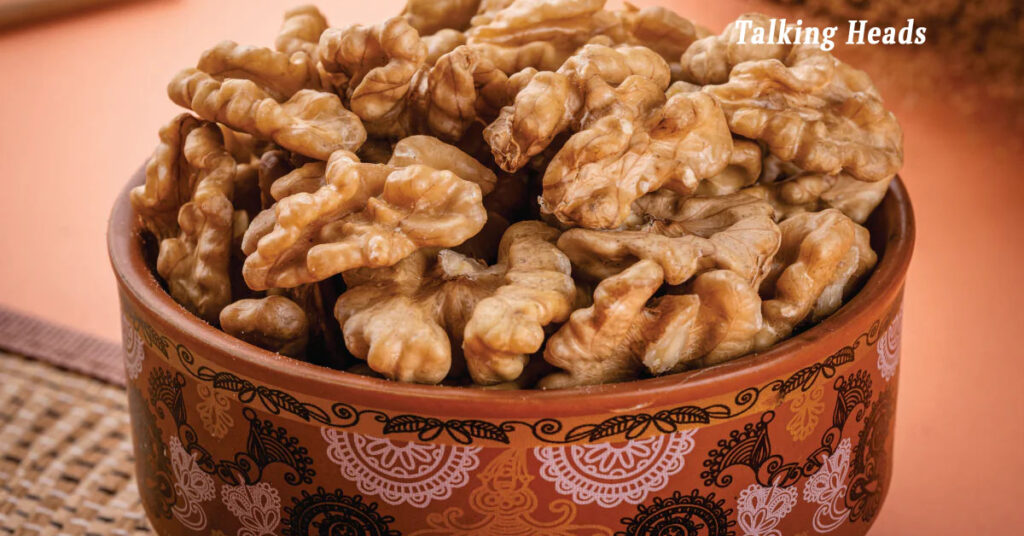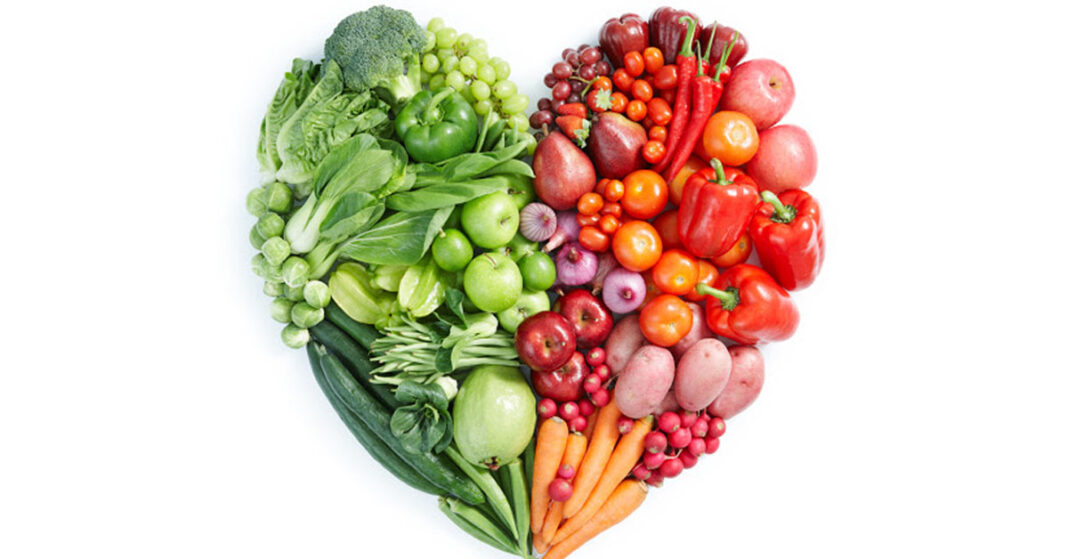Most of us know that consuming too much sugar is bad for our health. It can lead to cavities, spikes in blood sugar, and serious complications for diabetics. But did you know that sugar can also harm your liver? Yes, excessive sugar consumption can damage the liver in the same way as alcohol, contributing to the development of fatty liver disease.
Table of Contents
Health: The Link Between Sugar and Fatty Liver
A study published in the Journal of Hepatology revealed that even small amounts of sugar can negatively impact liver health. Just as alcohol consumption leads to fatty liver disease, sugar is a primary factor in the development of non-alcoholic fatty liver disease (NAFLD).

The World Health Organization (WHO) recommends that adults consume no more than 25 grams (approximately six teaspoons) of added sugar per day. This limit applies not just to white sugar but also to hidden sugars in packaged foods, beverages, and even savory processed foods. These added sugars gradually contribute to liver damage without many people realizing it.
Health: How Does Sugar Lead to Fatty Liver?
Sugar is a simple carbohydrate that provides the body with energy by converting into glucose. While glucose is essential for bodily functions, excess sugar is stored as fat. The liver, which plays a crucial role in metabolizing sugar, ends up storing the excess fat, leading to fatty liver disease over time.
Health: Why Is Fat Bad for the Liver?
The liver functions optimally when it has minimal fat accumulation. According to the National Institute of Health, if fat storage exceeds 5% of the liver’s total weight, it can trigger inflammation and increase the risk of severe liver conditions. A fatty liver can also disrupt the liver’s ability to perform over 300 essential functions, including detoxification and digestion.
Health: The Global Rise of Fatty Liver Disease
Fatty liver disease is becoming increasingly common worldwide. Research from the Journal of Hepatology estimates that about 38% of the global population suffers from this condition. Alarmingly, 25% of these individuals are non-drinkers, meaning sugar consumption is the primary culprit. Junk food, sugary beverages, and processed foods are major contributors to this growing epidemic.
Health: Our Lifestyle and Liver Health
Many of us consume high-sugar foods and drinks daily—sweetened beverages, desserts, processed snacks, and even seemingly harmless additions like sugar in tea or coffee. The liver is responsible for breaking down and digesting these sugars, but when the intake surpasses its processing capacity, the excess sugar turns into fat, leading to long-term damage.
Health: Why Didn’t Our Ancestors Suffer from Fatty Liver Disease?
It’s easy to assume that our ancestors consumed sweets without health consequences. However, their lifestyle was vastly different. They engaged in more physical labor, ensuring that any sugar they consumed was burned for energy rather than stored as fat. Today, our sedentary lifestyles and increased consumption of processed foods make us more susceptible to fatty liver disease.
Health: Is Fatty Liver a Modern Disease?
Yes, according to Dr. Robert Lustig, a professor at the University of California and author of Fat Chance, fatty liver disease was practically nonexistent 50 years ago. Today, it has become so widespread that he claims if you were to throw a stone into a crowd, there’s a high chance it would hit someone with fatty liver disease.
Health: Symptoms of Fatty Liver Disease
Fatty liver disease often develops silently, with minimal or no symptoms. However, some people may experience:
- Fatigue
- Pain in the upper right abdomen
- Yellowing of the skin and eyes (jaundice)
- Dark urine
- Abdominal swelling
- Black-colored stool
- Itchy skin
- Difficulty breathing
- Swelling in the feet
Health: How to Protect Your Liver from Sugar Damage
If you have fatty liver disease or want to prevent it, reducing sugar intake is crucial. Avoid sugary and processed foods and incorporate liver-friendly options such as:
- Garlic – Contains compounds that support liver function.
- Coffee – Known to reduce liver fat accumulation.

- Broccoli – Helps prevent fat buildup in the liver.
- Green Tea – Rich in antioxidants that support liver health.
- Walnuts – Contain omega-3 fatty acids that aid in liver repair.
- Soy Chunks – Improve liver enzyme levels.
- Beans – Provide essential fiber that supports digestion and liver function.

- Whole Grains – Help regulate blood sugar and reduce fat storage in the liver.
Final Thoughts
Sugar is more than just a threat to your waistline—it can severely impact your liver health. With fatty liver disease on the rise, it’s essential to be mindful of sugar consumption and adopt healthier lifestyle habits. Prioritizing a balanced diet and regular physical activity can help protect your liver and overall well-being.










